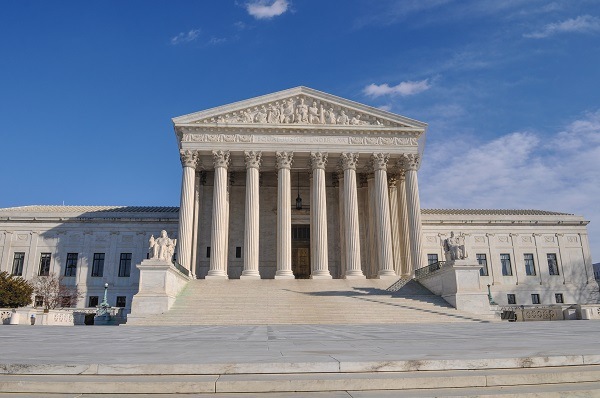President Biden signed the American Rescue Act Plan of 2021 (the “Act”) on March 10th. Most of the news reports have focused on the $1,400 stimulus checks that many Americans will receive. On the employment side, the Act extended and expanded the Families First Coronavirus Response Act (the “FFCRA”) in a number of different ways.
FFCRA Deadline Extension
First, the Act extended the FFCRA expiration deadline beyond March 31, 2021. FFCRA remains optional for eligible employers (those with fewer than 500 employees), but now those employers may continue the program, if they desire, through September 30, 2021. Any employer that voluntarily pays the FFCRA paid leave benefits during this time frame will continue to receive dollar-for-dollar tax credits for the monies paid.
FFCRA Scope Expansion
Second, employers with fewer than 500 employees should be aware that if they voluntarily opt-in to the FFCRA, the Act’s substantive provisions have been expanded and employees will have broader rights to take sick leave and family leave.
Third, in order to promote vaccination and testing, the Act added two additional reasons that allow employees to qualify for FFCRA leave, effective April 1, 2021, if their employer opts in:
- FFCRA leave is available for employees who are unable to work because they are obtaining a COVID-19 vaccine, or are recovering from any illness, injury or condition related to such vaccine (i.e., side effects); and
- FFCRA leave is available for employees who are unable to work because they are seeking or waiting for the results of a diagnostic test or awaiting a medical diagnosis.
Finally, the Act extended the FFCRA in two other important ways:
- The Act increased the number of weeks that an employee can seek paid family leave under the FFCRA from ten (10) weeks to twelve (12) weeks. Thus, an employee now has 14 weeks of paid leave available if he or she qualifies: two weeks of sick leave and twelve weeks of family leave.
- The Act also resets employees’ FFCRA sick leave rights to zero on April 1, 2021. Therefore, if employees took FFCRA sick leave prior to April 1, 2021, that does not count against their future right to leave right.
Employers will have to decide if it makes sense to opt-in to the FFCRA extension. Some employers may not opt-in because they cannot financially afford to do so, or they believe their employees will abuse the benefits afforded under the FFCRA. Other employers will opt-in to ensure that employees who may have contracted COVID-19 or may be at risk of contracting it are encouraged to stay home and not put other employees at risk.




